
Windows Blue Build 9364 [slideshow]
[portfolio_slideshow id=138971]
Windows Blue owns tech news for the past two days, from its leak to BitTorrent yesterday, to first-look articles today. While we all try to digest what is included in the next version of Windows, which really is more of an update to the current iteration, it really is much easier to get a sense by visual aid as opposed to listening to talking heads like me drone on with descriptions.
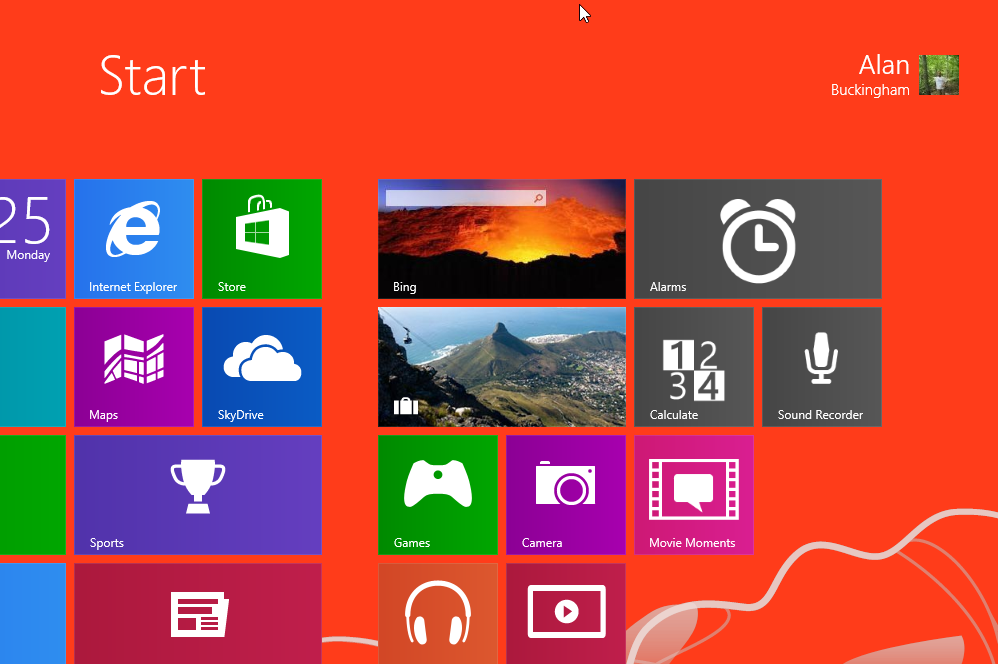
First look: Windows Blue build 9364
When I was growing up one of my parents' favorite expressions was "do as I say, not as I do". The old adage likely rings true in this case as well. You see, as a rule I don't recommend downloading files from BitTorrent, as you are just as likely to get a virus as a legitimate program, movie or song. That applies to leaked files especially.
But, there are legitimate reasons for the sharing service -- upcoming artists share music, Linux shares distros, even producers have distributed movies in this way.

Is it time for Microsoft to make big changes to Windows 8?
So a very early build of the next version of Windows has leaked online. Codenamed Windows Blue it includes features such as additional Snap Views and changes to the Charms. There’s nothing to get too excited about here, not yet at least.
But I’ve been wondering lately, if it isn’t time for Microsoft to change course and steer away a little from the direction it set with Windows 8. There’s no sign of that happening in the Windows Blue leak, but that doesn’t mean we won’t see more fundamental changes added to the new version as development progresses.

Stop whining about Google Reader
This morning, in a Google+ post, Eli Fennell expressed something I felt for days: That the furor over Google Reader's execution is way, way, way too much. I've written little about the service's demise and actually have argued with colleagues in group chat about their trying to hold onto Reader or mimic the sorely, last-century user interface.
My one quip, from a Thursday story: "You'll never guess what you gave up Google Reader for? The tried-and-true makes way for a few, ah, experiments. Newest: Chrome World Wide Maze". Gasp! Some people took that seriously. I meant it as indictment against all the stupid fuss about the RSS service's July 1 retirement.
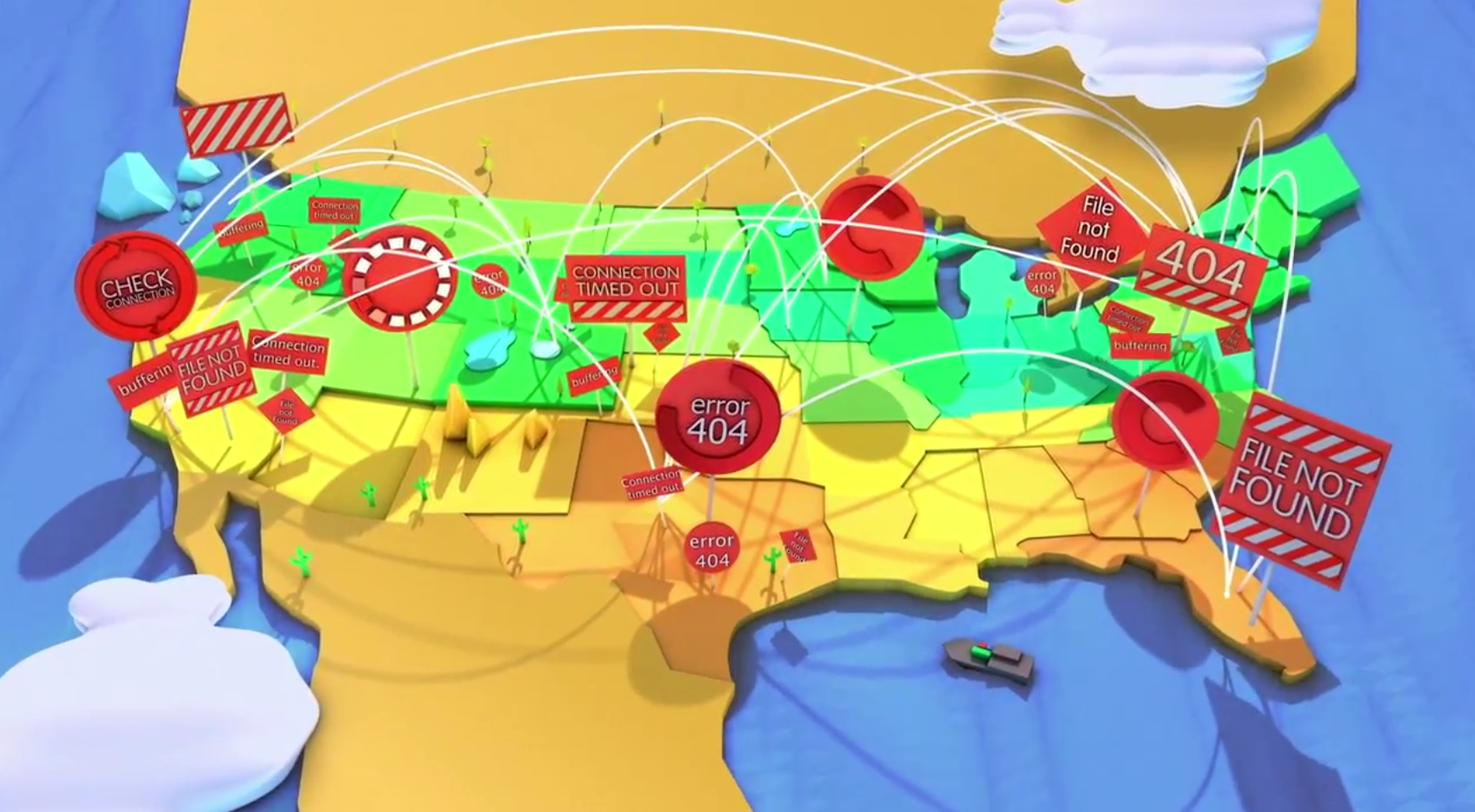
Nationwide Google Fiber is a lofty 'pipe dream'
Many people considered this company irrelevant and dead years ago. Yet with nearly three million paying Internet service subscribers still, this provider is anything but dried up -- yet. Internet access, among other subscription services, makes up a clear majority of its continuing sales and its greatest chunk of profits as a whole. Subscriber growth peaked off back in 2002, but for this aging Internet heirloom, at this point they will no doubt take what they can get. Who the heck am I referring to?
Don't choke on your coffee, but it's none other than AOL. Namely, their dialup Internet service division. It's hard to believe that in the year 2013 any company has more than a trickle of subscribers left on dial up, but this attests to the sad state of broadband adoption in the United States. Of the estimated 74 percent of Americans who have internet access in their homes (2010 figures), a full 6 percent of those are still on dial-up service. There are a myriad of issues affecting broadband adoption, including things such as lack of access, pricing, reluctance to switch, etc.
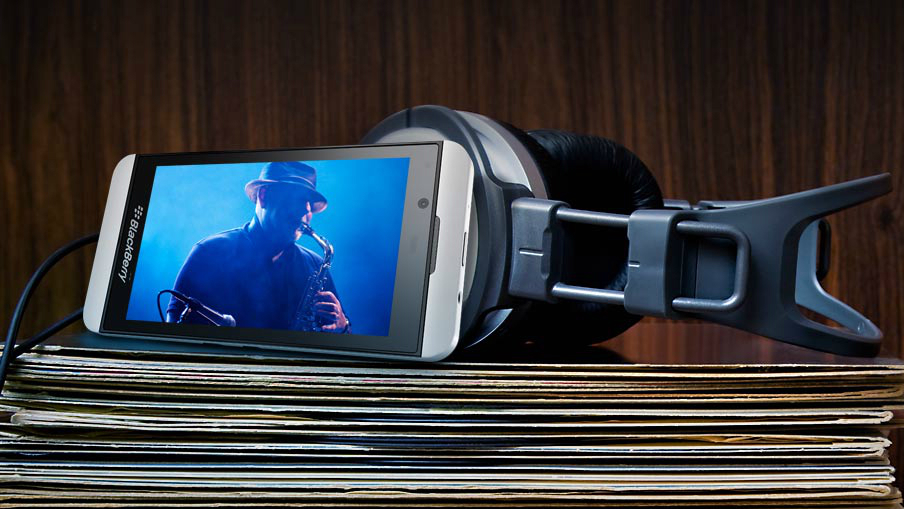
Who will buy the BlackBerry Z10?
The question is top of my mind as the smartphone arrives in the United States today from AT&T and next week from T-Mobile and Verizon. Did I miss something, or is this an atypical debut? AT&T usually starts sales on Sundays. This is Friday, right? The phone, which launched January 30, could be yours today for around $200 with two-year contractual commitment.
Way back then I asked: "Will you buy BlackBerry Z10?" The responses aren't as interesting as the lack of them. Less than 700 as I write, which is a surprisingly low number for one of my buying polls and for such a hotly-anticipated device. One-third of you say, yes, by the way, "as soon as available", which for Americans is today. Nearly an equal number of respondents will buy immediately or within three months as won't buy at all -- around 43 percent for each.
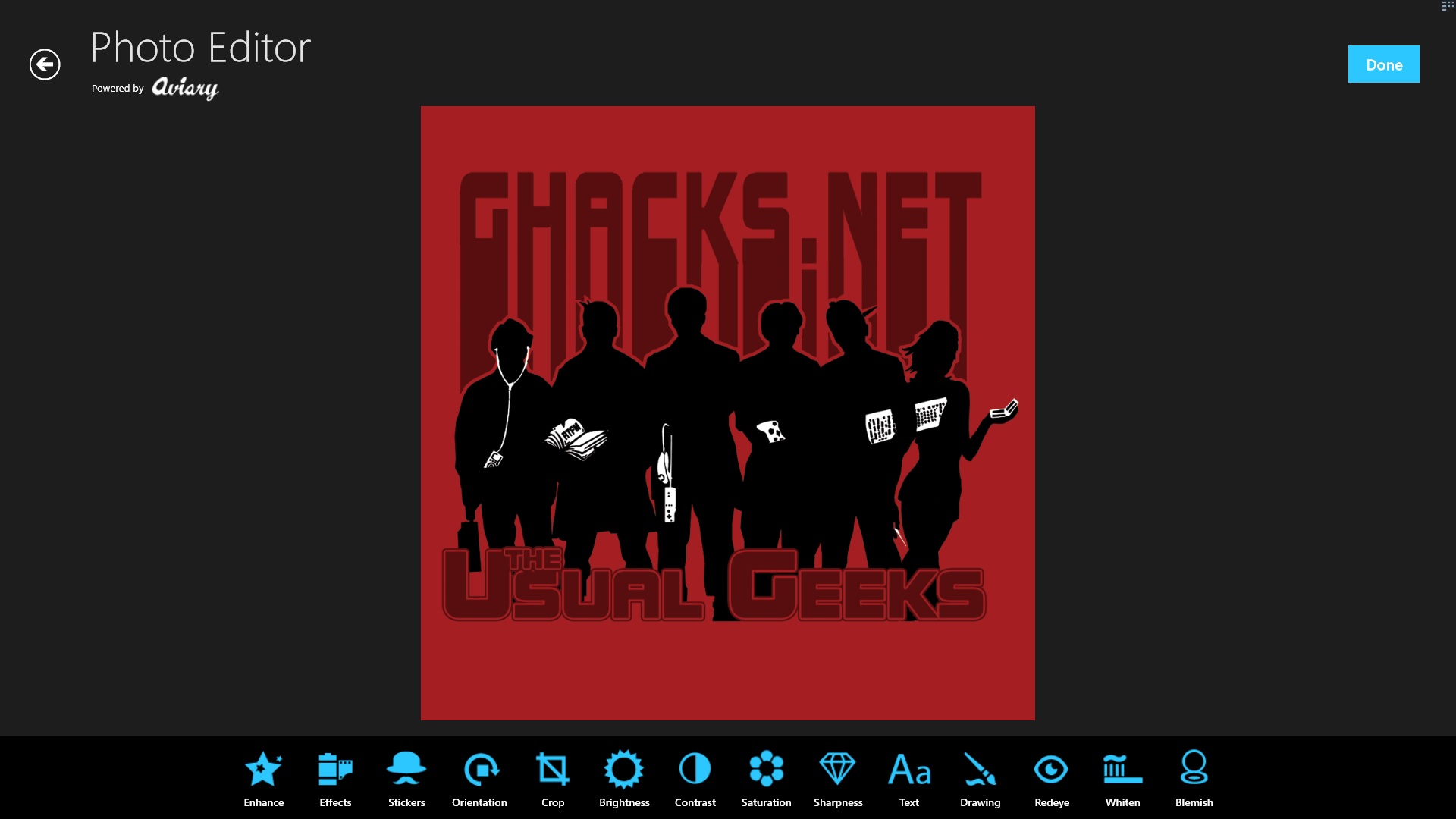
Best Windows 8 apps this week
Twenty-first in a series. Several things happened in the past seven days with regards to Windows 8 and its apps. Microsoft launched a temporary program that rewards developers with money for apps they produce for the operating system. If you have followed this weekly series you know that the app growths is relatively stable. A monetary incentive may convince some developers to spend some of their resources on the production of apps for Windows 8 or Windows Phone.
Several apps received updates this week, including the OneNote app for Windows 8. It ships with pen and ink improvements, and support for Office 365 notebooks.

Overhauling a home network, part 5 -- Back to the future
With last week's installment, this little series largely came to an end for now, but it doesn't mean that I am not actively planning for future improvements to the digital lifestyle in our home. In fact, my list of ideas for improvements is a rather lengthy one, though the expenses are enough for now and I have no desire to incur the wrath of my wife with more deliveries showing up on our doorstep.
But, where exactly do I want to go from here? The ideas are endless, but for the sake of brevity I will list only a few here. These are the ones I have prioritized at the top of that future list. The ones I consider most important to make everything work quicker and more smoothly.
Google shutting down Reader is great news
I’m a big fan of Google Reader. I don’t just access it every day, I access it, probably on average, every couple of hours or so (and still do, despite my switch to Microsoft). I have hundreds of feeds in there, and thousands of stories starred. So really I should be gutted that Google has decided to kill it off. But I’m not.
I was at first though. I even signed the petition to get Google to change its mind, even though I knew it was futile. But then I took a step back and realized that what initially seemed like devastating news for a Reader fan such as myself, was actually a blessing in disguise.
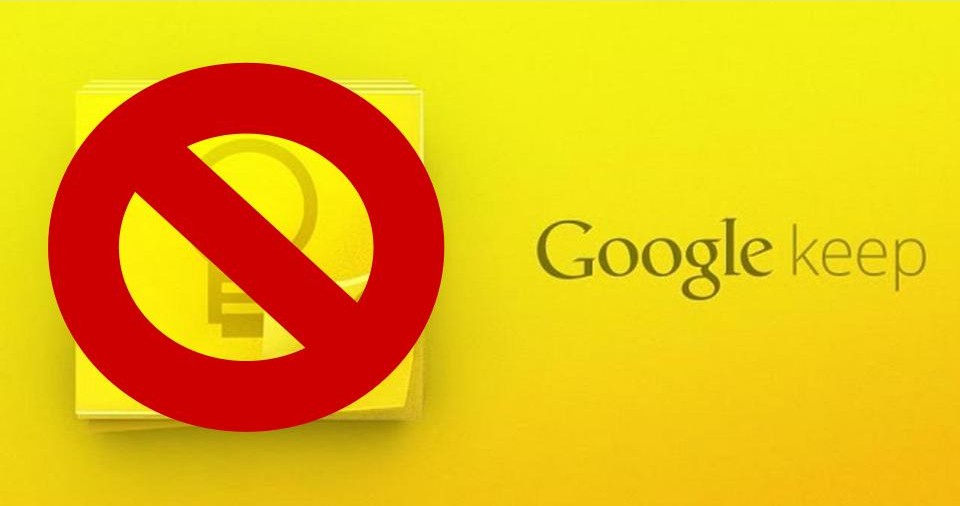
Google can keep Keep, I will stick with Evernote
I don't really like to play the part of the curmudgeon. But, I am getting a bit tired of the Google "me too" way of doing business, despite the fact that I have to admit I have followed it to a large degree in the past. The company was not the first (obviously) with a web browser, but got me to switch from Firefox -- a move I have begun to regret, given recent problems. Google was not the first with cloud storage and, though I signed up for the free version, I pay for real storage on Amazon Cloud and use Crashplan for backup services.
I have used Google Docs, but I prefer Office. In fact, beyond Android, there is really not much being offered that I cannot live without. Don't get me wrong -- I am not being as bold as my colleague Wayne Williams and his total switch, but I have become a bit ambivalent to all of Google. I could switch to Bing. I could go back to Firefox. Neither would really cause me stress.

Switching from Google to Microsoft, part 2 -- Teething problems
Second in a series. You know when you go somewhere on holiday and in a moment of fancy you think to yourself "I could live here"? But a small part of you knows deep down inside that the reality would be very different from the fantasy? That’s a bit like what my first experience of swapping from Google to Microsoft has been like so far.
I’ve used Internet Explorer on and off over the years, but I’ve never used it for very long. The last time it was my main browser was in 2003, ten years ago. Similarly I’ve used Outlook.com since it launched, but not as my main email provider. So in setting them up to use on a daily continual basis I’ve found it all quite odd. I’m adrift in a place where they do things differently. Not worse -- well not really -- just differently.

Goodbye Yellow Brick Road, SMBs plan to spend much more on tablets than PCs
Keeping with our ongoing "Ding, Dong, the PC's dead" theme, NPD reports that businesses with 50 to 999 employees will spend more on technology this year. That's good news for PC manufacturers but much, much better for anyone selling tablets -- or the ecosystem supporting them. SMBs are suddenly a bright light cast against vast darkness. Yesterday, IDC warned that PC shipments would fall double-digits during first quarter.
Somebody is buying, at least. Thirty percent of SMBs surveyed by NPD plan to increase PC spending -- that's up from 22 percent just three months ago. Woot! Woot! "PCs are still a core part of the technology arsenal of the typical U.S. corporate employee and a regular rotation of new and upgraded equipment is part of best practices for most mid-sized U.S. businesses", Stephen Baker, NPD's vice president of industry analysis, says.

Google 'Peanut Gallery' is a brilliantly-conceived Web Speech API demo
If you want to get any more work done today, read no further! Google unveiled the "Peanut Gallery" a fun, silent-move-making tool showcasing the Web Speech API released with Chrome 25 last month. You could fritter away hours creating and sharing funny clips.
"We thought it would be fun to demonstrate this new technology by using an old one: silent film", Google's Aaron Koblin explains. "The Peanut Gallery lets you add intertitles to old black-and-white movie clips just by talking out loud while you watch them. Create a film and share it with friends, so they can bring out their inner screenwriters too".

It sold a million units in a single year -- so what's next for Raspberry Pi? [Q&A]
I’m a huge fan of Raspberry Pi, the super-affordable ARM GNU/Linux computer that’s bringing programming back into schools (and beyond). In one year alone, more than a million Pis have been sold globally, which is a phenomenal achievement, and demand for the uncased credit card-sized device shows no signs of abating.
I chatted to Liz Upton, Head of Communications at Raspberry Pi Foundation (and wife of the foundation’s Executive Director Eben), about their eventful first year, and plans for the future.
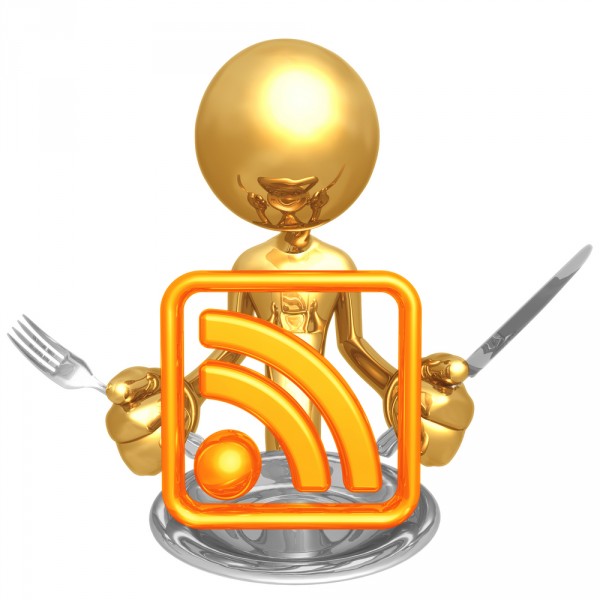
Tales from a Google Reader refugee -- waiting in line to be fed
I will spare you all of the crying and griping about the whole Google Reader thing -- you have heard it all by now. Suffice it to say that I no longer plan to trust Google with much of what I do. Other companies axe products, as I learned when Microsoft killed my beloved Live Mesh last year, but Google is more regular and ruthless executioner, but I digress -- I promised no rant here.
My colleagues and I are discussing where we will all go after being chucked from Google lands into the jungle. There are a number of options, and Feedly is among the popular destinations. But I was not impressed in my, admittedly very short, look at the service. I also fired up Opera and imported my OPML file into its built-in RSS reader, but it's not cloud-based, and I was left with more than 10,000 "unread" stories. Granted it can be fixed, but do I want to?
